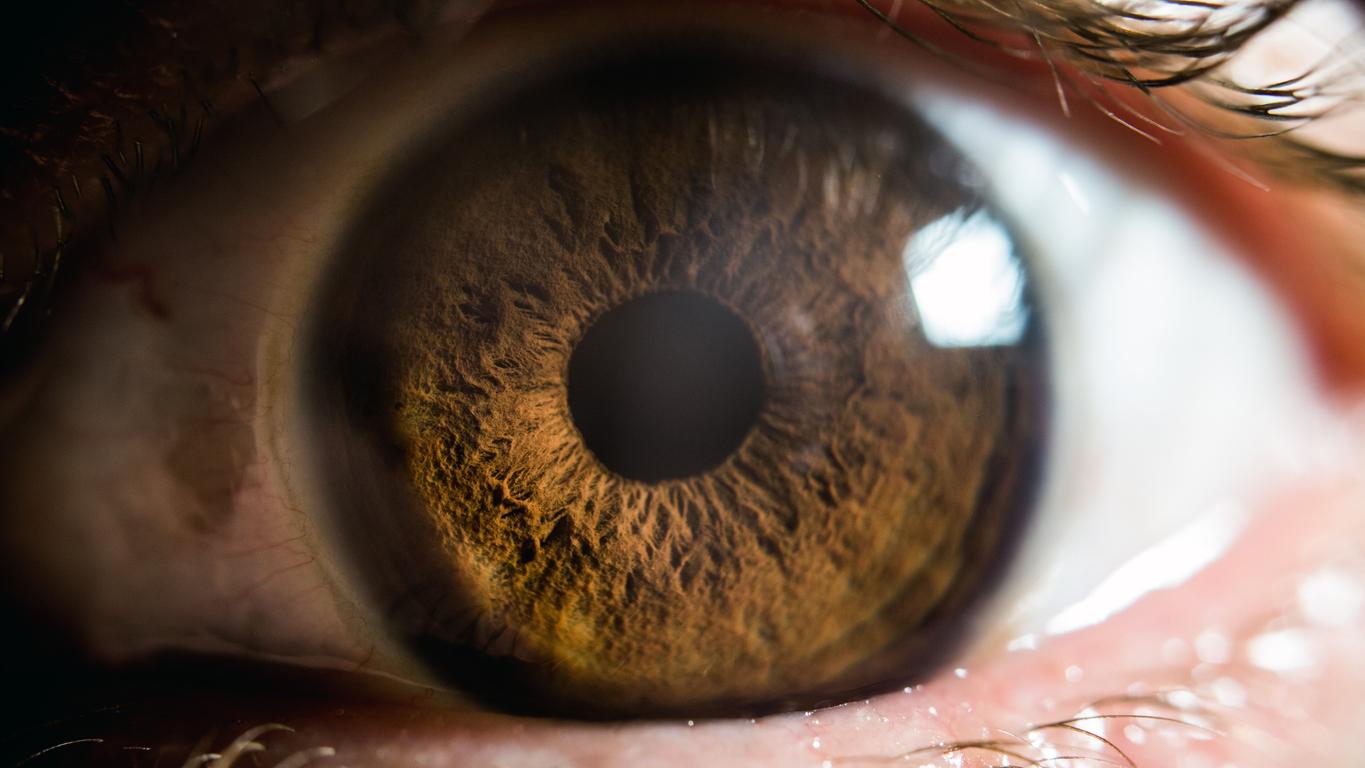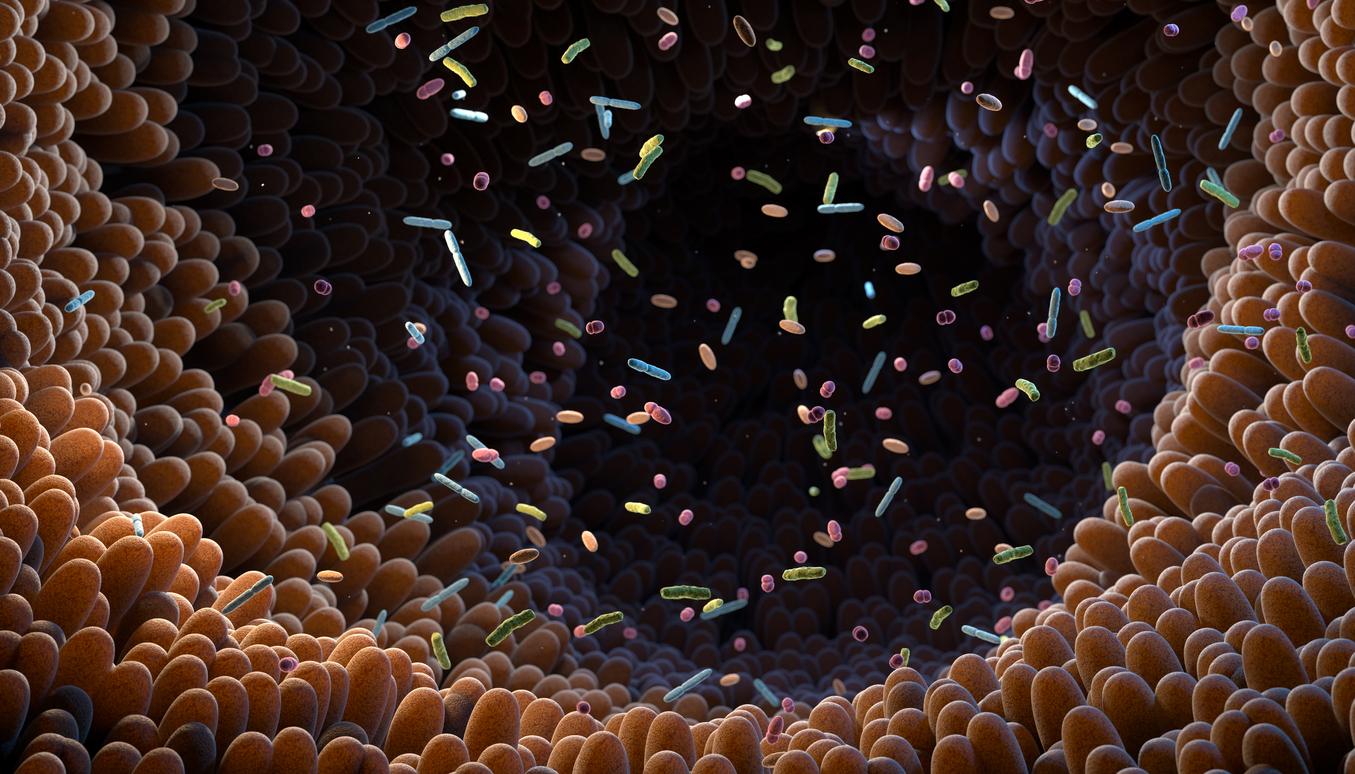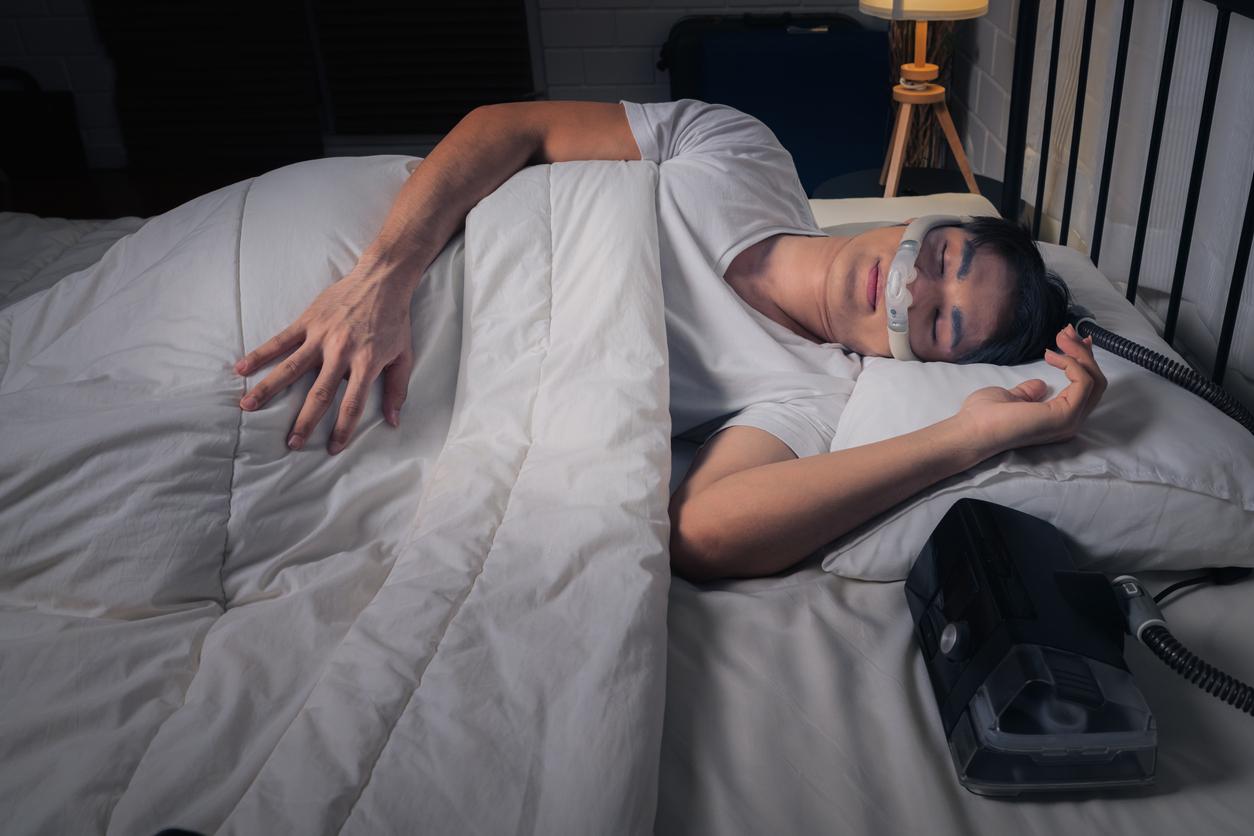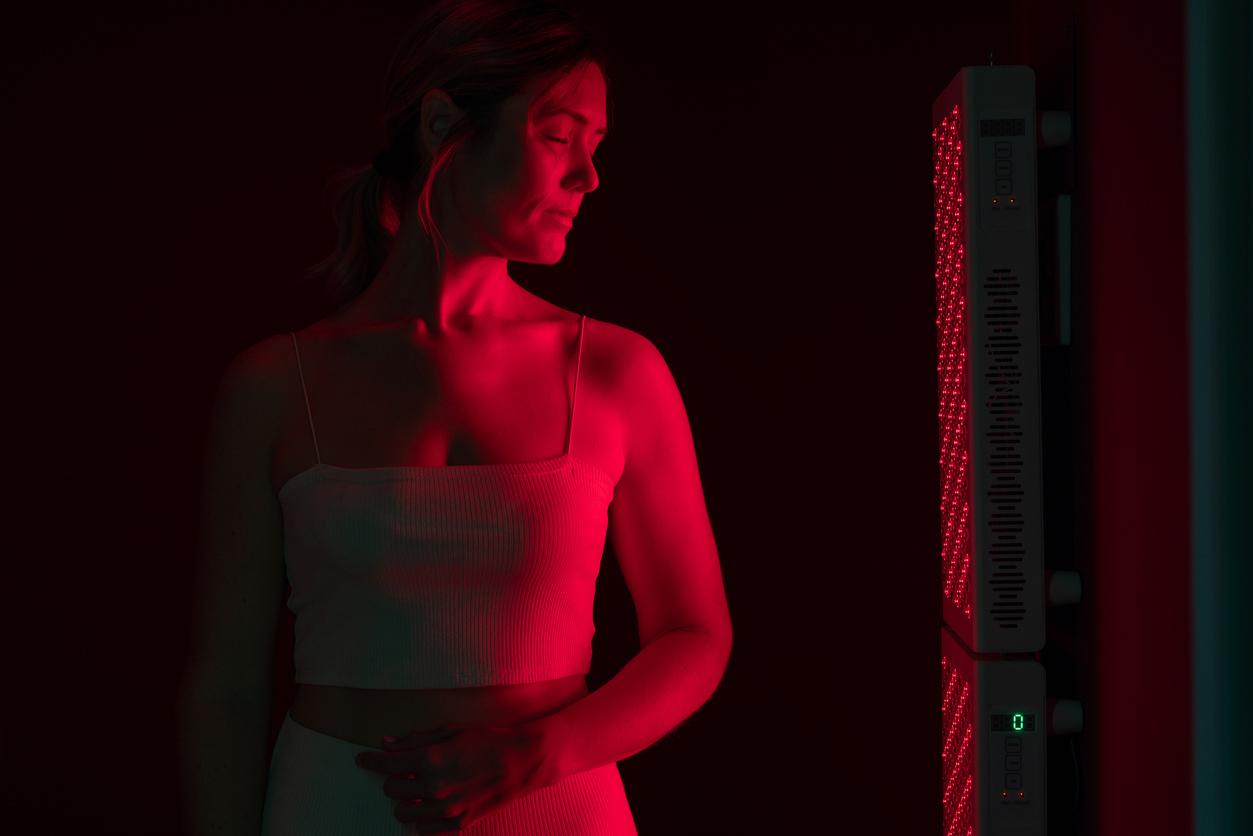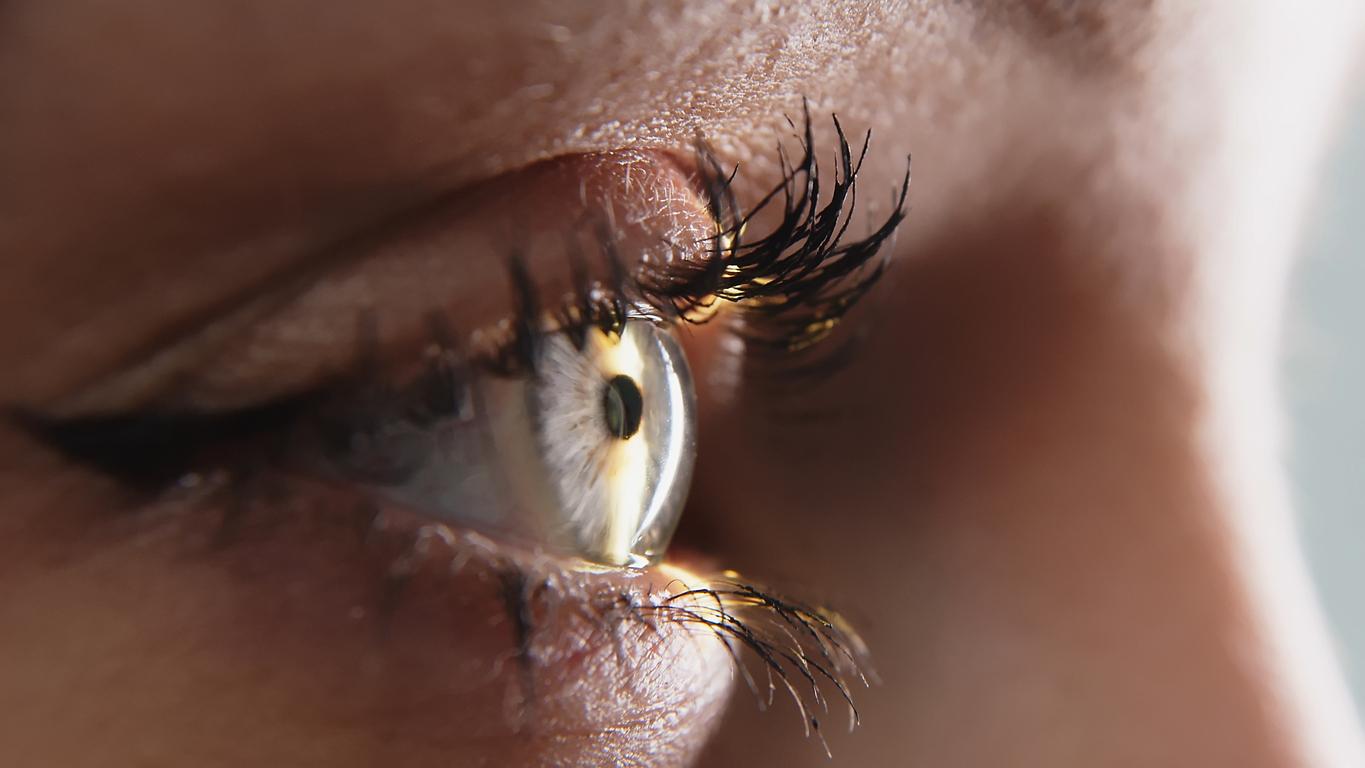The addition of a protein to the treatment generally given to patients suffering from choroidal neovascularization shows interesting results.
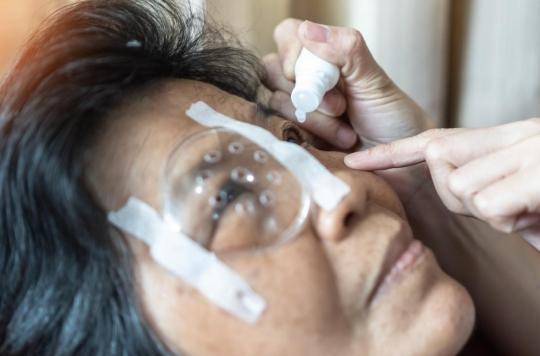
Age-related macular degeneration (AMD) affects one million people in France. Among them, some are at a therapeutic impasse: the treatments do not work. Researchers at Baylor College of Medicine (USA) have found a way to combat this resistance to treatment. They publish their results in the medical journal Communications Biology.
Resistance to treatment for many patients
Choroidal neovascularization can appear in cases of exudative AMD, known as wet AMD. It can lead to irreparable loss of sight. Generally, doctors offer patients to follow a treatment based on anti-VEGF, administered in the form of injections. About a quarter of patients do not respond to the treatment, that is, it does not work for them, and about a third will become resistant to the treatment after several administrations, which means that the drug does not will have more effect.
Added protein improves response to treatment
Thanks to mice, the researchers discovered that the administration of a protein, apoliprotein AI, in addition to anti-VEGF, makes it possible to fight against resistance to treatment and ensures its effectiveness. They based themselves on previous research on resistance to anti-VEGFs: it indicated that macrophages, cells of the immune system, could be linked to this resistance and that the accumulation of cholesterol in these cells participated in the appearance of choroidal neovascularization. Several medical studies have found that the administration of apoliprotein AI can lower the cholesterol of macrophages and endothelial cells, both of which are involved in choroidal neovascularization. “All these observations suggest that apoliprotein AI could help fight against anti-VEGF resistance and suppress choroidal neovascularization”says the researcher.
More and more people affected
With his team, they used mice of different ages to test their hypotheses. They find that in the oldest rodents, the combination of the two treatments reduced choroidal neovascularization by 47%. According to them, the accumulation of cholesterol in macrophages is strongly linked to resistance to treatment. “Our findings encourage us to test the combination of apoliprotein AI and anti-VEGF in clinical studies to determine if it can help patients.” According to the researcher, AMD should affect more and more people in the future. These new discoveries could transform their care.

.









